Culture
Culture, Connection, and Community: 4 Indigenous Perspectives on Native American Heritage Month
Written by Mosaic on Nov 18, 2021
Related content: Diversity And Inclusion, Life at 2U
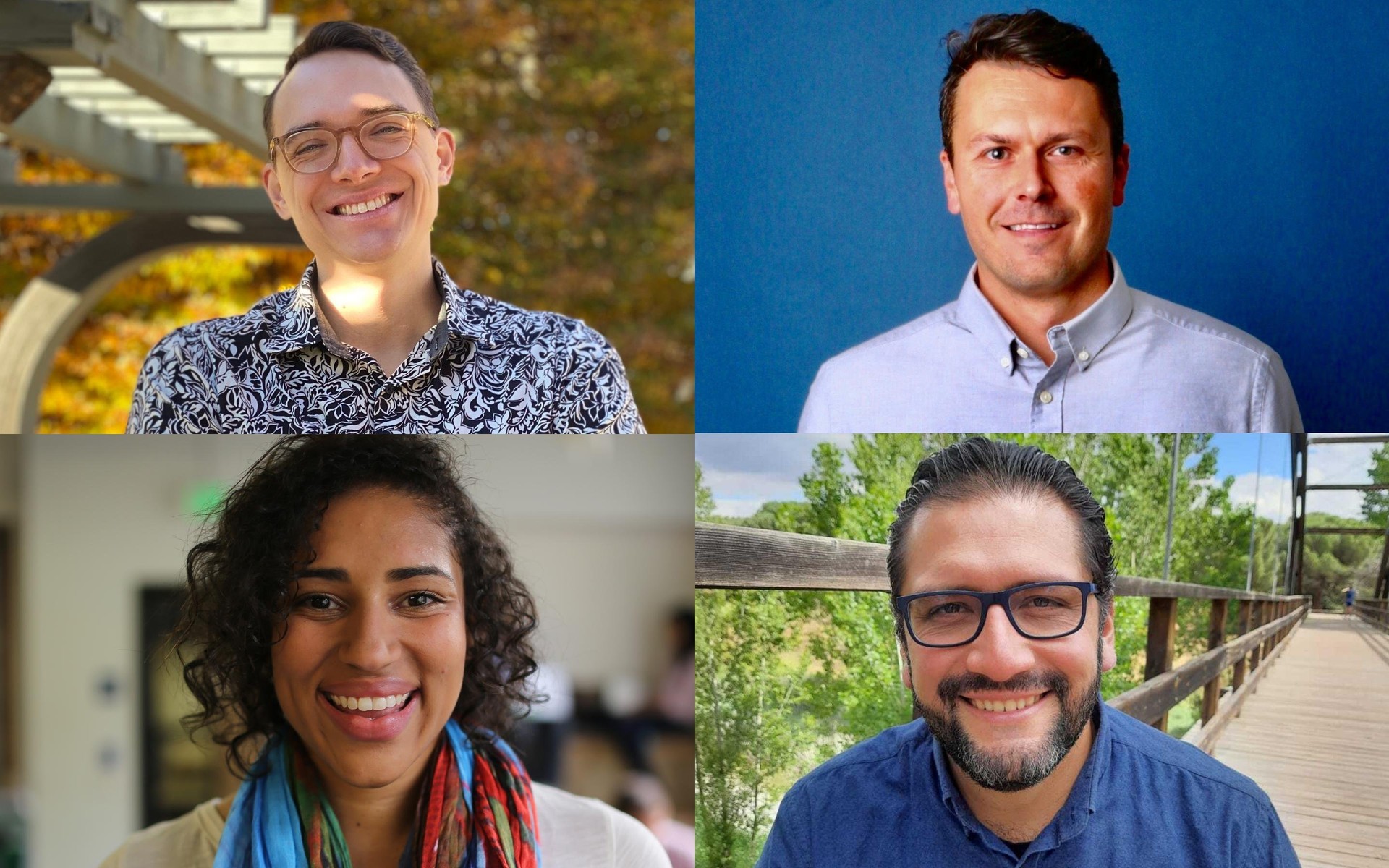
Did you know there are 574 recognized Native American nations across the United States? Hundreds more exist throughout all of North America—making Native American Heritage Month this November an opportunity to hear from many unique Indigenous voices and perspectives.
Senior Student Success Advisor Kyle Coulon, Strategy and Operations Manager and Mosaic’s own Global Chair Iris Gardner, Senior Curriculum Engineer Arturo Mora-Soto, and Admissions Manager Jason Thienes are four such voices who reflect the amazing diversity at 2U and varied experiences of our employees. We sat down with them to learn more about each of their backgrounds and what Native American Heritage Month means to them.
Please share your specific heritage.
Kyle Coulon: I have strong ties to the Onondaga Nation, a member nation of the Haudenosaunee, since my father grew up on their territory and my grandparents and a few other relatives still live there today.
Iris Gardner: My paternal great-grandfather was a part of the forced Indigenous migration westward from the south, The Trail of Tears. This removal landed them in Oklahoma, where he married and had children in Choctaw territory. My paternal grandmother was a descendant of enslaved Africans. My maternal ancestry is European, and our presence in the U.S. can be traced back to the 1700s. My ancestry is a reflection of the fabric and difficult history that makes up the U.S.
Arturo Mora-Soto: I was born in Sonora, Mexico, and have a mixture of Spanish and Native American heritage. On my mother’s side of the family, I’m connected to the Yaqui People.
Jason Thienes: My heritage traces back to the Cherokee Nation. I feel most connected to rural Northern California, where most of my family still lives.
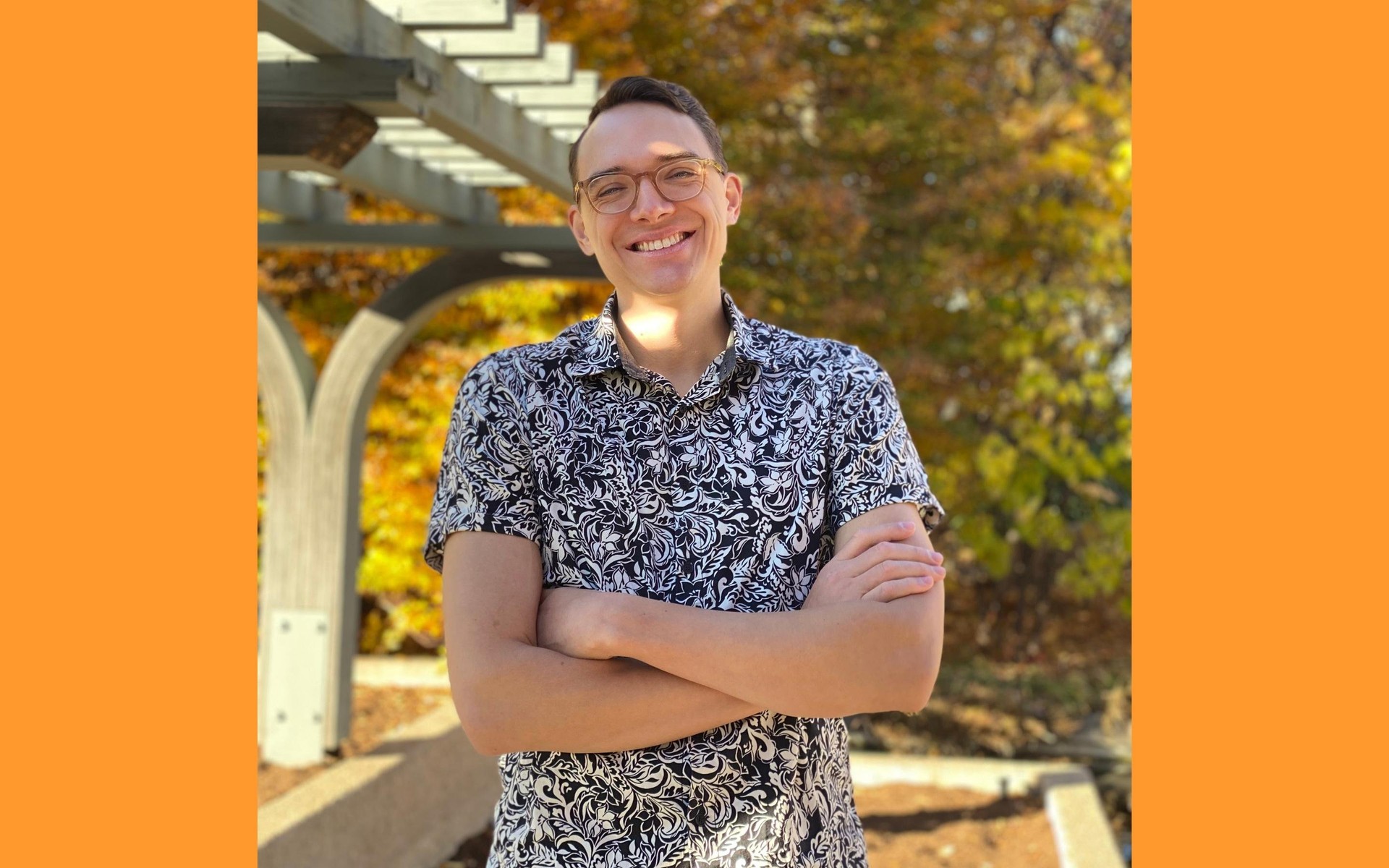
What might people not know about your culture that is important to share?
Kyle: The Haudenosaunee are widely recognized as having the oldest participatory democracy in the world. It surprises me that many people still believe philosophic thinking traditions began exclusively on the European continent. There was, is, and will continue to be novel, vibrant, inclusive, and revolutionary thoughts coming from Indigenous communities and peoples of the Americas.
Iris: The majority of Black and Indigenous blended families exist because of the Trail of Tears. Later, from the 1930s to the 1960s, more blended families were created because of Indigenous youth being educated and employed in larger cities.
Arturo: The Yaqui People believe that the universe is composed of overlapping yet distinct worlds. Their beliefs and rituals are centered on preserving the equilibrium of these worlds and eliminating the harm that has been done to them. For example, there is a beautiful, sacred ritual called the deer dance that represents the profound struggle between good and evil and explores how to restore balance with nature, especially between the enchanted, wilderness, and flower worlds.
Jason: The local tribes in Northern California are currently beginning to help forestry and wildfire departments manage forests in a more traditional, historic way in order to lessen the impacts of wildfires and climate change.
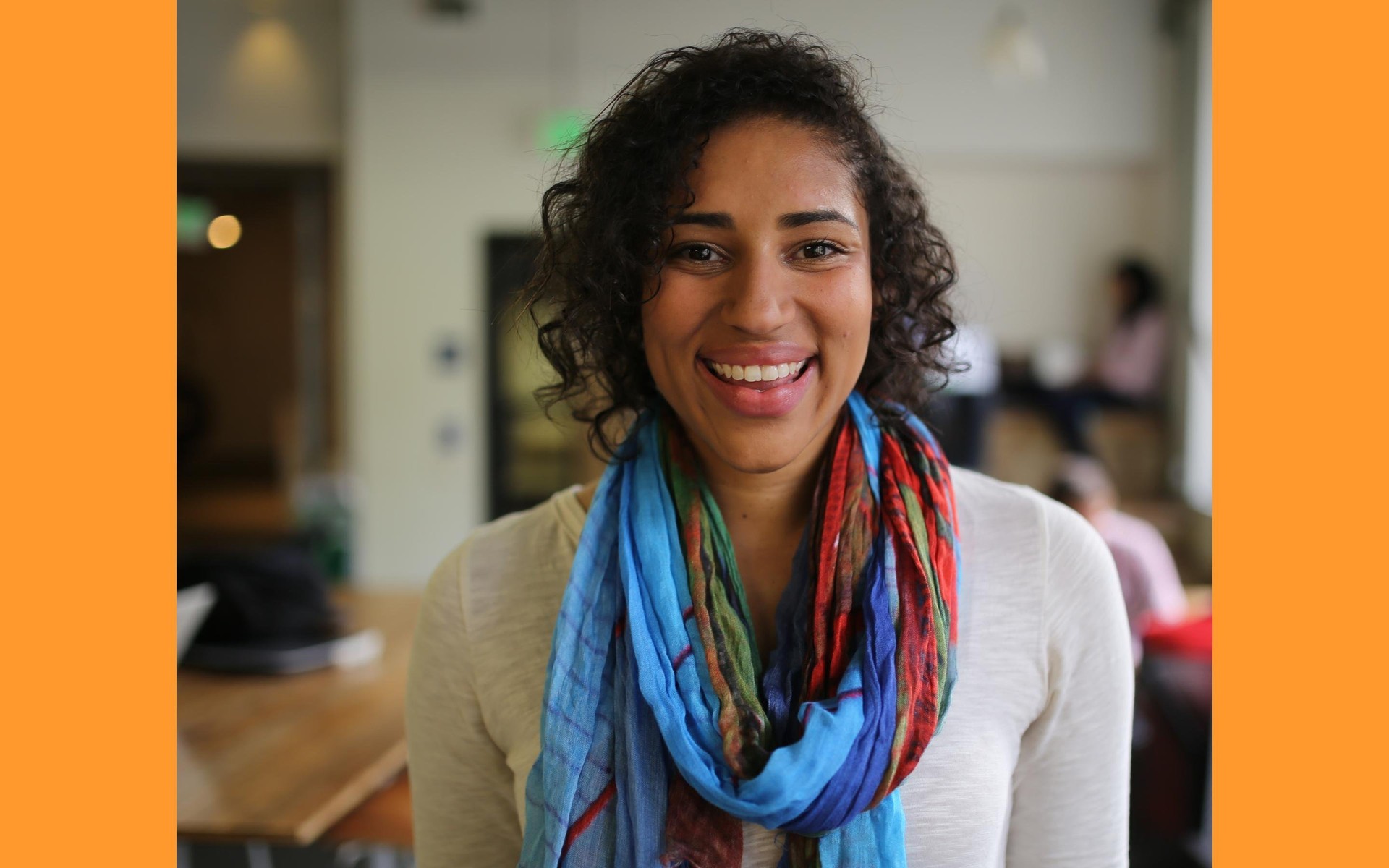
Are there any particular customs from your heritage that you carry forth?
Kyle: Growing up, we visited the Onondaga Nation regularly to see my family. When I attended Cornell University, I lived for a while in Akwe:kon, a residence hall designed and focused on Haudenosaunee culture. I’ve also worked with Indigenous communities and non-profit organizations for most of my professional life. Today, I’m learning how to sing in the distinct Haudenosaunee style.
Iris: Every year, our family attends the Denver March Powwow to honor and celebrate our heritage with over 100 other nations in the U.S. and Canada. The lineage of my great-grandfather is also of particular importance to us. In his honor, we do everything from passing on family names to bringing traditional gifts of tobacco and sage to elders or my grandfather’s resting place.
Arturo: In my family, we preserve the tradition of the Temazcal, a curative ceremony that is a sort of sweat lodge or steam bath thought to purify the body for healing the sick and improving health.
Jason: The Cherokee side of my family is very involved in agriculture and raising animals. It’s their way of life—this has been the case for multiple generations now.
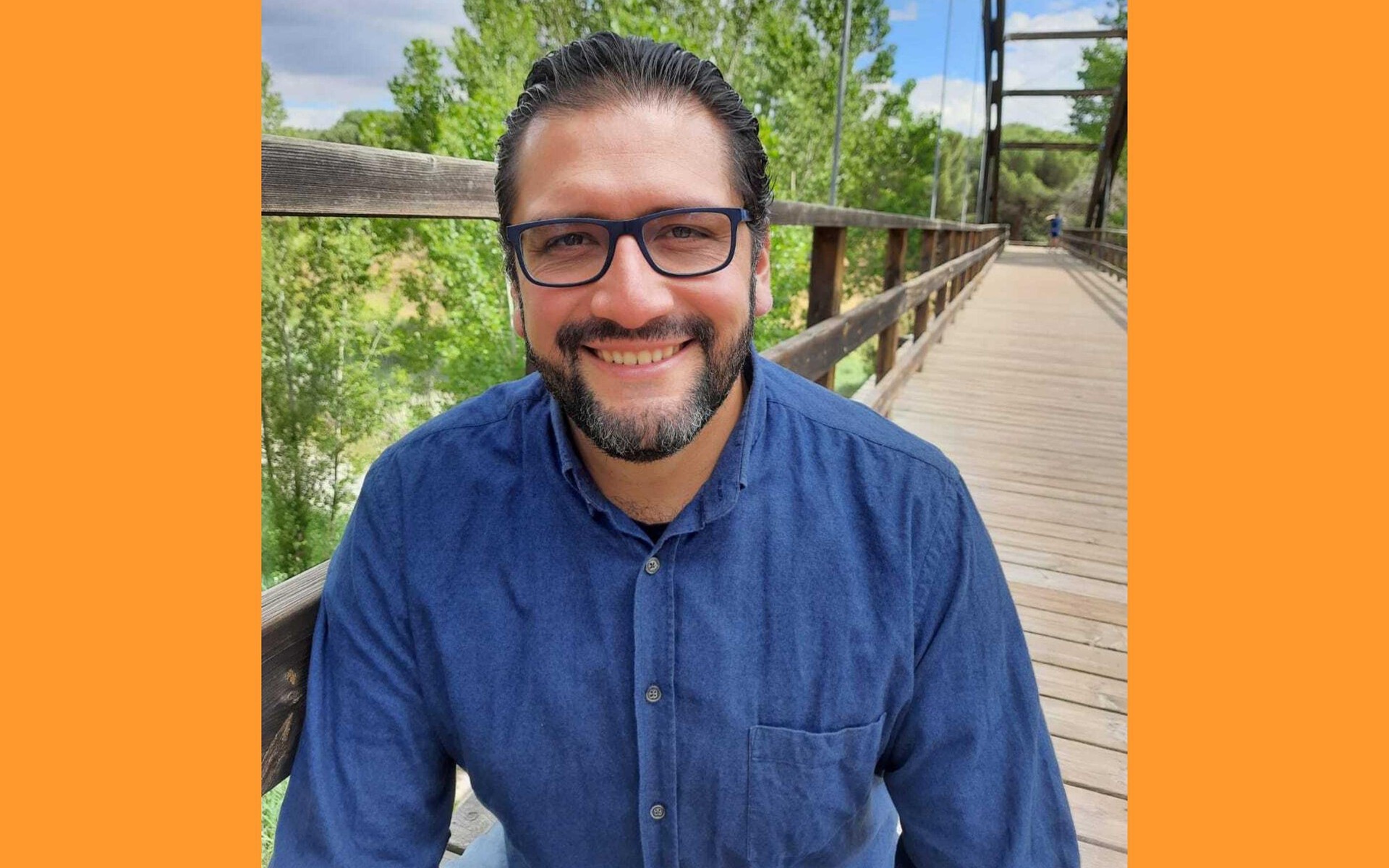
How do you express your heritage in your daily life and/or work at 2U?
Kyle: I prioritize having good relationships with all beings. This can look like prayer or taking care of my body by eating right and exercising. At 2U, I use this Haudenosaunee form of systems thinking to proactively support students, complete projects, strengthen relationships, and improve processes.
Iris: Valuing community and land are key beliefs my Choctaw heritage has given me. Today, I carry on in this tradition through volunteer work in order to build a stronger community. We were also taught to respect the land we are on, whether that means taking a moment to acknowledge when you’re on someone else’s land and asking permission to be there or doing our part to slow down global warming.
Arturo: This is the first time I’m expressing my Native American heritage with 2U—the first time I’m publicly connecting with my Indigenous roots and expressing how proud I am. In my daily life, I share with my children the Yaqui belief of respecting nature and connecting with the Earth by admiring and appreciating every single living species.
Jason: I don’t express my heritage much in my daily life, and that does bother me. This is a good opportunity for me to reflect and connect back to the traditions of my culture.
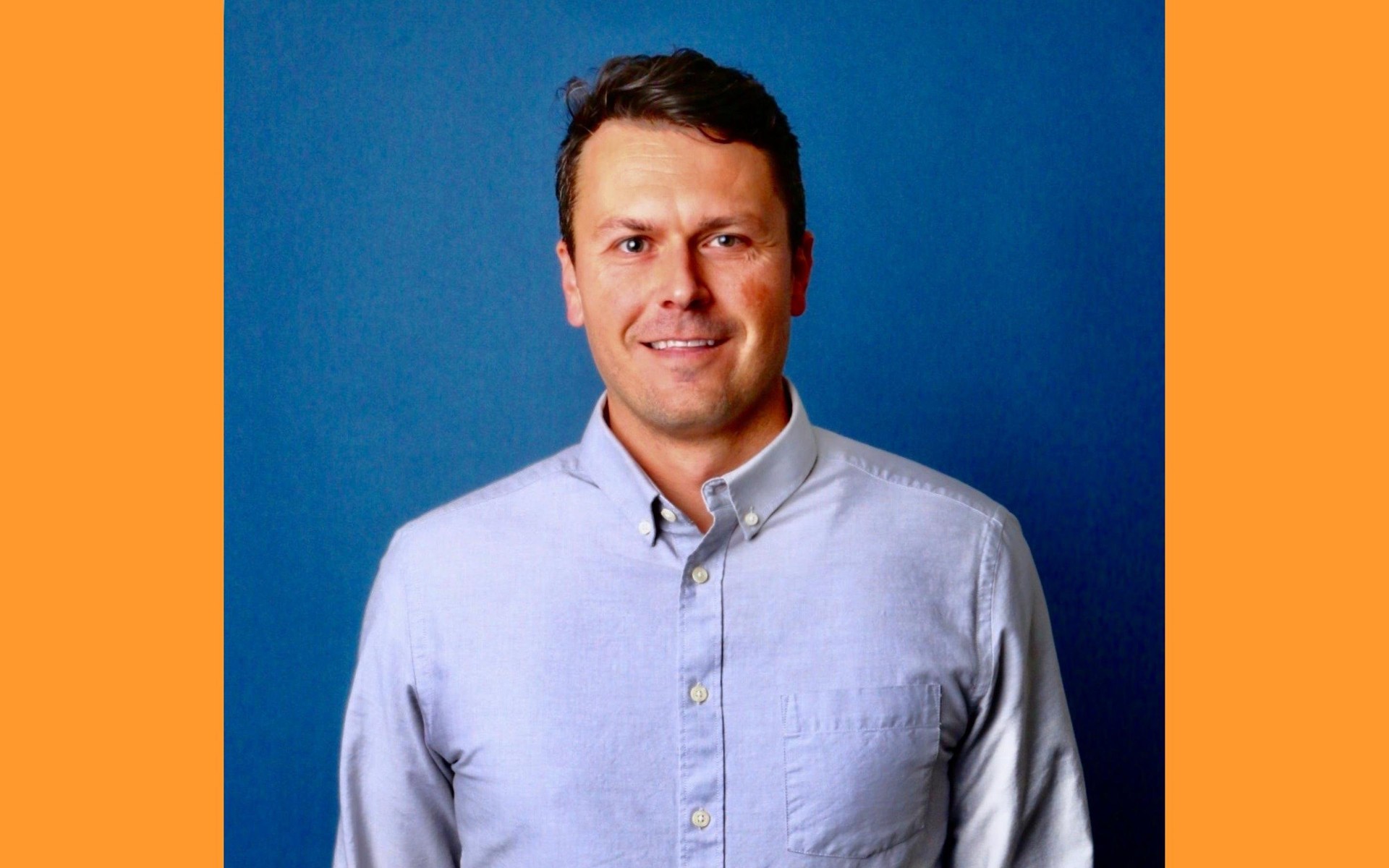
What does Native American History Month mean to you, and how are you acknowledging it this year?
Kyle: It’s an opportunity to educate, illuminate, challenge, and better understand the United States’ ongoing relationships with Indigenous tribes and nations. Throughout the month, I am encouraging people to learn more about treaties, such as this commemoration event.
Iris: November is an opportunity to spotlight our community and share all that makes us an integral part of this world. Throughout the year, I support Indigenous artists and donate to nonprofits working to bring awareness to Indigenous issues such as Missing and Murdered Indigenous Women.
Arturo: At the beginning of the month, my family started by making an altar to celebrate the Day of the Dead. I want to talk with my parents about traditions that my grandmothers passed to them, such as rituals and prayers to foster inner peace through meditation and connecting with nature.
Jason: I feel as though Native and Indigenous people are some of the most overlooked groups in society. Any opportunity to highlight them—not just in November, but throughout the year—should be embraced.
~~~